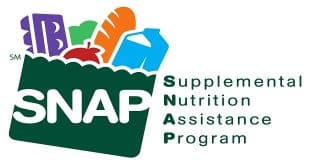November 1, 2017–INDIANAPOLIS – The Indiana State Board of Education approved School Corporation grades, approved of the DePauw Teacher Preparation program, approved of changes to the State Board of Education (SBOE) Special Education rules and approved the process for school quality reviews as well as the Alternate Assessment evaluation team.
The Board, as part of the Consent Agenda, approved by voice vote the Indiana Department of Education’s recommendations to assign school corporations an A-F category based on the Department’s findings for the 2017 school year.
Additionally the Board voted 8-0 to approve continued state accreditation status for the teacher preparation program at DePauw University, Greencastle, Indiana. This traditional licensure program offers a quality program for future teachers interested in a career in music education. The program is housed within the DePauw University School of Music.
The Board also voted 8-0 to approve the proposed language regarding updates to the SBOE Special Education rules. The proposed language amends 511 IAC 7 (Special Education) to account for outdated language as well as recently enacted legislation. This will allow SBOE Board staff to proceed with the rulemaking process, which will include publishing the proposed changes, accepting public comments, holding a public hearing, and bringing the proposed language to the Board for a final vote.
The Board voted 7-0 to approve the process for school quality reviews (SQR). The SQR is a needs assessment meant to evaluate the academic program and operational conditions within an eligible school. The SQR will result in actionable recommendations for school and district leadership aligned to academic improvement and systems reform.
Finally, the Board voted 7-0 to approve the establishment of criteria for membership of Alternate Assessment evaluation teams. The Department of Education recruited nominees in October for participation in the Request For Proposal (RFP) review process occurring in December 2017 and January 2018. The panel consists of twelve participants which contribute an evaluation score.






